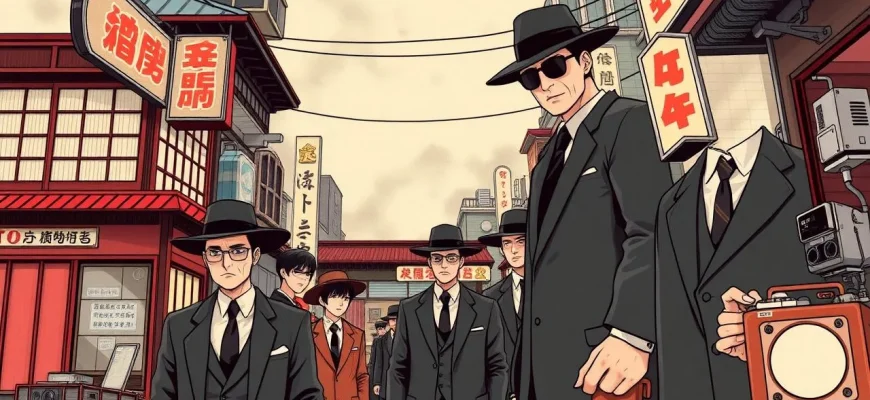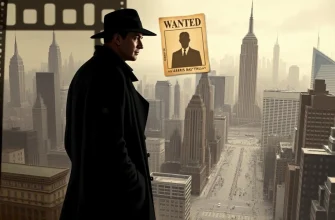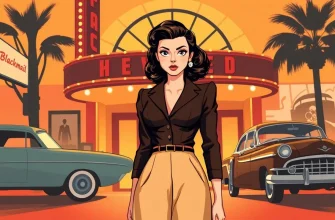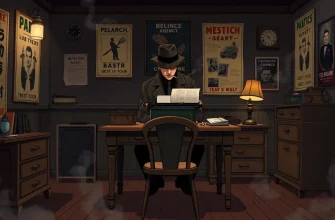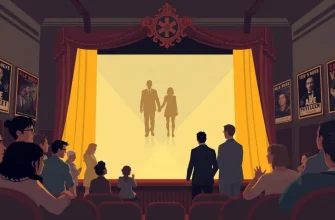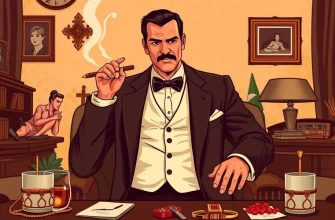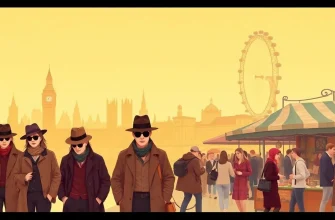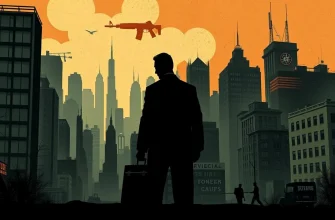The yakuza, Japan's notorious organised crime syndicates, have long been a source of fascination for filmmakers and audiences alike. These films delve into the shadowy world of the yakuza, exploring themes of loyalty, betrayal, and the quest for honour within a criminal underworld. This curated list of 10 yakuza dramas not only provides an insight into this complex subculture but also showcases the rich storytelling and cinematic flair of Japanese cinema. Whether you're a seasoned fan of the genre or a newcomer, these films will captivate you with their intense narratives and unforgettable characters.
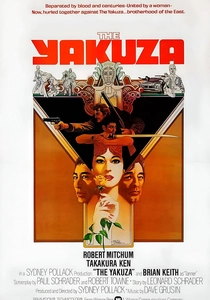
The Yakuza (1974)
Description: This film, starring Robert Mitchum and Ken Takakura, blends Western and Eastern crime elements, offering a unique take on the yakuza genre. It's a tale of an American ex-cop who returns to Japan to help an old friend, only to become entangled in the yakuza's web.
Fact: The screenplay was co-written by Paul Schrader, who later became famous for writing Taxi Driver.
 Watch Now
Watch Now
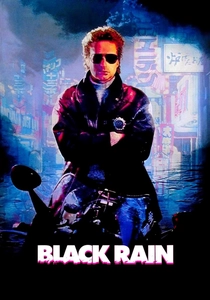
Black Rain (1989)
Description: Michael Douglas stars as a New York cop who escorts a yakuza boss back to Japan, only to get embroiled in a turf war. It's a thrilling blend of American and Japanese crime drama.
Fact: The film was shot on location in Osaka, providing an authentic backdrop for the story.
 Watch Now
Watch Now
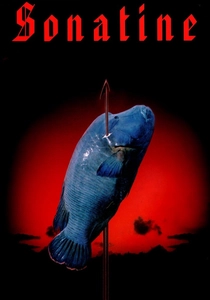
Sonatine (1993)
Description: Directed by Takeshi Kitano, this film is both a yakuza drama and a character study. It follows a yakuza enforcer who takes his gang to a remote beach to escape a gang war, leading to unexpected introspection and dark comedy.
Fact: Kitano wrote, directed, and starred in the film, showcasing his multifaceted talent.
 Watch Now
Watch Now
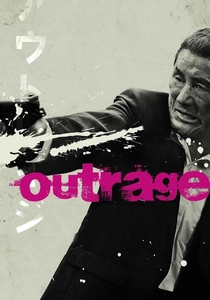
Outrage (2010)
Description: Directed by Takeshi Kitano, this film dives into the internal politics and power struggles within the yakuza, offering a gritty, no-holds-barred look at the criminal underworld.
Fact: Kitano returned to directing after a long hiatus, bringing his unique perspective to the yakuza genre.
 Watch Now
Watch Now
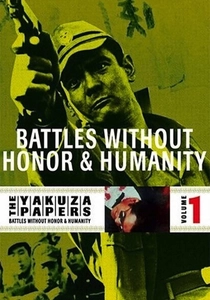
The Yakuza Papers (1973)
Description: This epic series of films by Kinji Fukasaku offers a raw, unvarnished look at the post-war yakuza, focusing on the rise of a young gangster amidst the chaos of the black market.
Fact: The series was inspired by real-life yakuza memoirs, giving it a gritty, documentary-like feel.
 Watch Now
Watch Now
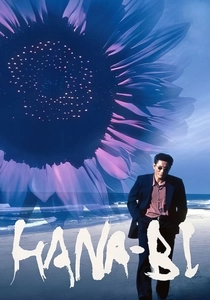
Fireworks (1997)
Description: Another masterpiece by Takeshi Kitano, 'Fireworks' explores the life of a former yakuza member dealing with personal loss and the aftermath of his criminal past, all while showcasing Kitano's signature visual style.
Fact: The film won the Golden Lion at the Venice Film Festival, highlighting its international acclaim.
 30 Days Free
30 Days Free
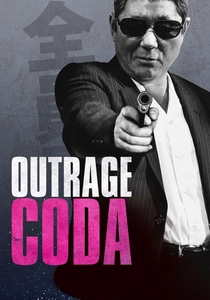
The Outrage Coda (2017)
Description: The final installment in Kitano's 'Outrage' trilogy, this film wraps up the saga with a brutal and stylish exploration of yakuza power dynamics and revenge.
Fact: Kitano intended this to be his last yakuza film, making it a fitting conclusion to his exploration of the genre.
 30 Days Free
30 Days Free

The Man Who Stole the Sun (1979)
Description: While not strictly a yakuza film, it features yakuza elements as a teacher builds an atomic bomb and blackmails the government, leading to a tense standoff with yakuza involvement.
Fact: The film was banned in Japan for a time due to its controversial subject matter.
 30 Days Free
30 Days Free

Brother (2000)
Description: Takeshi Kitano's first English-language film, where he plays a yakuza member who flees to Los Angeles and forms an alliance with local gangs, exploring themes of brotherhood and cultural clash.
Fact: The film was shot in both Japan and the United States, showcasing Kitano's international appeal.
 30 Days Free
30 Days Free

Tokyo Drifter (1966)
Description: Directed by Seijun Suzuki, this film blends yakuza drama with pop art aesthetics, following a yakuza hitman on the run, showcasing the clash between tradition and modernity.
Fact: The film's vibrant, almost surreal visuals have made it a cult classic.
 30 Days Free
30 Days Free

